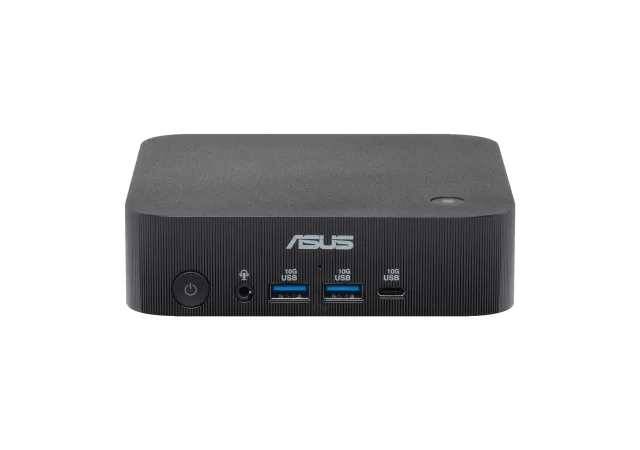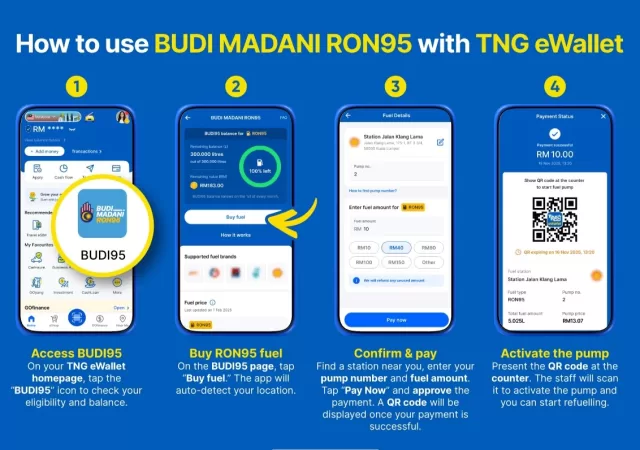Last year, Red Hat shared our plan to evolve our global Telecommunications, Media and Entertainment (TME) organization to better suit the needs of our partners and customers. Since then, we’ve been connecting and building within our ecosystem to deliver solutions that answer our customer’s biggest needs, one of which is helping navigate the global shift in the way services are delivered across both the TME industry and society as a whole.
Industry-leading partners and connected organizations are working together with the telco ecosystem to build on each other’s innovations in new ways, working together to accelerate the pace of industry change, with a focus on building frictionless customer journeys. For example, service providers are helping banks meet the demands of customers for real-time digital services like hyper-personalization, real-time fraud detection and next-gen connectivity – while also giving the unbanked access to financial services. From mobile banking and payments, connected vehicles, public safety monitors, private 5G and more, service providers are fundamental in providing the many technologies that are driving a completely new landscape for improved societies and global transformation.
How Cloud Independence Can Drive Change
However, this does not happen overnight. Service providers are rethinking their cloud approach by transitioning to a hybrid and multi-cloud environment to help them become more flexible, agile, scalable and competitive in a constantly evolving market. In a TM Forum Themes Report, sponsored by Red Hat, we found that this pivot can lead a service provider to decide which hyper-scale cloud provider meets their needs best.

This leads to future-looking questions, such as:
- Which workloads fit which clouds?
- Which cloud-native solutions have the flexibility and functionality at the scale my organization requires?
- Can I balance these benefits against customer choice, disparate cloud silos, increased costs and limited flexibility?
To help mitigate this risk, we found that service providers are working to maintain cloud and container independence – especially if they want to remain competitive as these new technologies begin rapidly rolling out. This TM Forum Themes Report explains this need for independence, highlighting how service providers are increasingly taking a hybrid multi-cloud approach to maintain supplier diversity while expanding their own telco cloud (operator-as-a-platform) skills and technologies.
Customers at Transformation’s Epicentre
Underpinning these efforts are 5G networks that provide innovative ways for service providers to monetize their investments. We see this in areas like enterprise multi-access edge computing (MEC), open and virtualized RAN, 5G core and more, with real-world successes from our customers including Bharti Airtel, Verizon and VodafoneZiggo.
Red Hat can help service providers successfully compete with new services and business models, boost revenues and meet rising customer expectations by providing strategic expertise and a rich portfolio of products and services for their hybrid cloud deployments. We provide the flexibility for their projects across this vast landscape, from proofs-of-concept to production environments, helping providers select what works best for their own specific needs.

In addition to this shift, we’re excited to see service providers taking advantage of cloud services managed by third-party experts like Red Hat including Red Hat OpenShift Service on AWS (ROSA) and Microsoft Azure on Red Hat OpenShift (ARO). This helps organizations offload the underlying infrastructure work and focus on their core business, providing additional flexibility and driving tangible business benefits.
We are also seeing Red Hat customers increase artificial intelligence (AI) deployments, or providing AI-as-a-Service, over the past year, from Turkcell AI to NTT East (in Japanese). It is clear that the practical deployments of AI – from new consumer apps and social engagements, to enterprise B2B apps and AI at the edge, are making a significant impact by enhancing customer experiences, driving greater business efficiencies and creating new revenue streams.
The Partner Ecosystem is Expanding
In order to deliver these customer-centric solutions, Red Hat is working with Ericsson, a leading provider of 5G software and hardware to lower the barriers to 5G adoption and build an open platform for 5G connectivity and innovation. We are doing this through active collaboration across Ericsson’s portfolio, including packet core, IP Multimedia Subsystem (IMS) and operations support system (OSS), as well as Cloud RAN in Ericsson’s Open Lab – a space for fast and interactive co-creation of innovative solutions with communications service providers and ecosystem partners.
Things do not stop there – other software providers such as Baicells, Casa Systems, MATRIXX Software, Mavenir, Nokia, Rakuten Symphony and Samsung work closely with Red Hat to modernize 5G and RAN workloads across the open hybrid cloud. Additionally, with Dell Technologies, Hewlett Packard Enterprise, Intel and Lenovo, we are able to build full-stack hardware and software solutions on top of a reliable infrastructure to support customer deployments from the data center to the edge.






